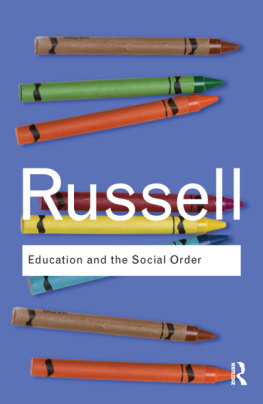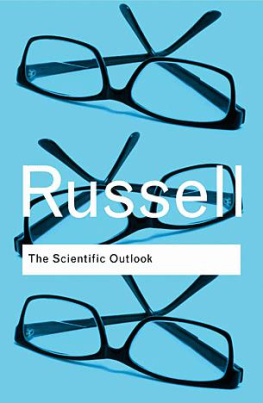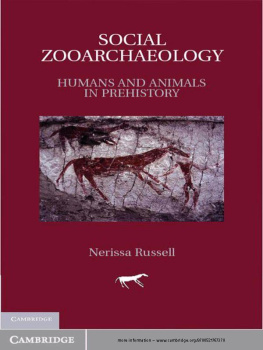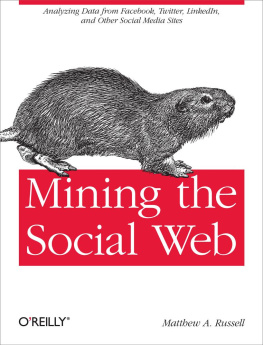Russell - Power a new social analysis
Here you can read online Russell - Power a new social analysis full text of the book (entire story) in english for free. Download pdf and epub, get meaning, cover and reviews about this ebook. City: London u.a, year: 2010, publisher: Taylor and Francis; Routledge, genre: Politics. Description of the work, (preface) as well as reviews are available. Best literature library LitArk.com created for fans of good reading and offers a wide selection of genres:
Romance novel
Science fiction
Adventure
Detective
Science
History
Home and family
Prose
Art
Politics
Computer
Non-fiction
Religion
Business
Children
Humor
Choose a favorite category and find really read worthwhile books. Enjoy immersion in the world of imagination, feel the emotions of the characters or learn something new for yourself, make an fascinating discovery.
Power a new social analysis: summary, description and annotation
We offer to read an annotation, description, summary or preface (depends on what the author of the book "Power a new social analysis" wrote himself). If you haven't found the necessary information about the book — write in the comments, we will try to find it.
Power a new social analysis — read online for free the complete book (whole text) full work
Below is the text of the book, divided by pages. System saving the place of the last page read, allows you to conveniently read the book "Power a new social analysis" online for free, without having to search again every time where you left off. Put a bookmark, and you can go to the page where you finished reading at any time.
Font size:
Interval:
Bookmark:
Extremely penetrating analysis of human nature in politics.
Sunday Times
An acute and learned study.
The Economist

Routledge Classics contains the very best of Routledge publishing over the past century or so, books that have, by popular consent, become established as classics in their field. Drawing on a fantastic heritage of innovative writing published by Routledge and its associated imprints, this series makes available in attractive, affordable form some of the most important works of modern times.
For a complete list of titles visit
www.routledgeclassics.com
Bertrand
Russell
Power
A new social analysis
With a new preface by Samuel Brittan
With an introduction by Kirk Willis

First published 1938
by George Allen & Unwin Ltd, London
First published in Routledge Classics 2004
by Routledge
2 Park Square, Milton Park, Abingdon, Oxon OX14 4RN
270 Madison Ave, New York, NY 10016
Routledge is an imprint of the Taylor & Francis Group, an informa business
1996 The Bertrand Russell Peace Foundation Ltd
Introduction 1995 Kirk Willis
Preface to Routledge Classics edition 2004 Samuel Brittan
Typeset in Joanna by RefineCatch Ltd, Bungay, Suffolk
All rights reserved. No part of this book may be reprinted or reproduced or utilized in any form or by any electronic, mechanical, or other means, now known or hereafter invented, including photocopying and recording, or in any information storage or retrieval system, without permission in writing from the publishers.
British Library Cataloguing in Publication Data
A catalogue record for this book is available from the British Library
Library of Congress Cataloging in Publication Data
A catalog record for this book has been requested
ISBN 10: 0415325072
ISBN 13: 9780415325073
When asked by the publishers to write an introduction to this new edition I agreed with alacrity. The request was not only an honour; it also stirred my curiosity. For although I have long been an unapologetic fan of Russell's later and less technical writings on political and social questions, I had not read this particular book; and to read something from Russell's pen for the first time was a source of pleasurable anticipation.
I already knew enough about the book not to expect the key to social science or political theory which Russell had originally hoped to provide. It is not easy for even the greatest philosopher to outline from scratch a new system of social science or of social relations. In his introduction to an earlier reprint (Routledge, 1995) Professor Kirk Willis maintains that the book presents an abundance of sheer good sense and plain speaking, even if no over-arching theory. It can also be read as an enjoyable romp through history, in part anticipating some of the 1945 History of Western Philosophy, but ranging wider. Unfortunately, it was prepared without an index.
Russell has no illusions about philosopher kingsor any other kind of intellectual or artist. He cannot resist reminding us that in the High Renaissance philosophers and political theorists admired the Borgias while Leonardo designed fortifications for unpleasant despots. Earlier on Plato's pupils were associated with some of the worst Greek tyrants. Mercifully, he does not ponder what would have happened if Richard Wagner, who regarded himself as a disciple of Schopenhauer, had ever come within a mile of political power.
Even if it falls short of a general theory of human behaviour as nearly all books on similar themes doPower still makes fascinating reading. Readers of Hume or Gibbon will delight in a similar irony, which the author occasionally uses against himself. The very occasional digressions into political philosophy proper are always enlightening. For instance Russell believes that the doctrine of the Rights of Man is philosophically indefensible. But the doctrine was historically useful and helped to win many of our current freedoms. A utilitarian can restate it in the following terms: The general happiness is increased if a certain sphere is defined in which each individual is free to act as he chooses without the interference of any external authority. This is not the last word, but at least it takes the discussion further.
An early twenty-first century reader has obviously to allow for the fact that Power was written in the late 1930s in the age of the great dictators, Hitler and Stalin, as well as smaller fry, such as Mussolini and Franco, and appeared a month after the now notorious 1938 Munich Agreement. Indeed part of the fascination for the modern reader is to assess for himself or herself how much the world has changed and how much it has essentially remained the same.
Russell himself goes back much further for his examples. Predictably, he provides many examples of religion standing in the way of humane reform. In the sixth century BC, when Greek opinion was moving away from human sacrifice, the oracle of Delphi tried to retard this reform and keep alive the old traditions. Moving ahead in time, he readily accepts that men of impressive holinessHildebrand, St Bernard and St Francispostponed the moral discredit that later befell the Roman Catholic Church. But an organization which has ideal ends, and therefore an excuse for love of power, is sure in the long run to produce only a superiority in unscrupulous ruthlessness.
Writing before the advent of political and religious correctness, Russell was able to say at the beginning of that the classic example of power through fanaticism was the rise of Islam. When his followers were reluctant to march against the Byzantine Empire, complaining among other things of the intolerable heat of the summer, Mohammed responded: Hell is much hotter.
Russell also manages a dig at German philosophical idealism. He states that Fichte was the first of the modern philosophers who veiled their own love of power beneath a garment of metaphysics. Fichte believed that the ego was the sole existing phenomenon in the world. But he also managed to argue that it was the duty of Germans to fight Napoleon. Both the Germans and the French, of course, are only emanations of Fichte, but the Germans are a higher emanation, that is to say they are nearer to the one ultimate reality, which is Fichte's own. There is here a foretaste of the iconoclasm towards some revered thinkers which later so shocked the high-minded in his History of Western Philosophy.
Russell's sense of humour never deserts him. For example the archetypal American executive impresses others as a man of rapid decision, quick insight into character and an iron will; he must have a firm jaw, tightly closed lips, and a habit of brief and incisive speech. Today someone more touchy-feely, spouting management consultant jargon, would meet the bill. There are also some bitter-sweet remarks such as the more I thought a book of mine was worth, the less I was paid for it. The contemporary role of spin doctors would not have surprised Russell, who writes eloquently about power behind the scenes: courtiers, intriguers, spies and wire-pullers. The system in which they reign supreme, he observes, is unlikely to promote the general welfare.
Readers new to Russell may be shocked at how cynical some of his remarks seem to be. But it is the kind of cynicism which often marks the frustrated idealist. Russell needs to show that his hopes for a better future take into account the wickedness and hypocrisy of the world and the knocks that he himself suffered in his campaigns for peace.
Font size:
Interval:
Bookmark:
Similar books «Power a new social analysis»
Look at similar books to Power a new social analysis. We have selected literature similar in name and meaning in the hope of providing readers with more options to find new, interesting, not yet read works.
Discussion, reviews of the book Power a new social analysis and just readers' own opinions. Leave your comments, write what you think about the work, its meaning or the main characters. Specify what exactly you liked and what you didn't like, and why you think so.

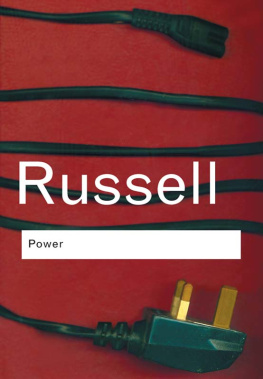
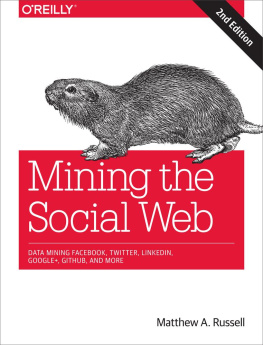

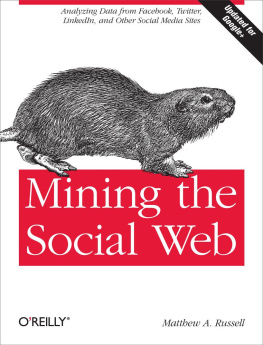

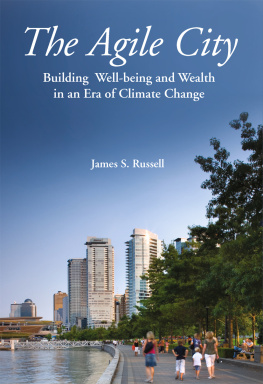
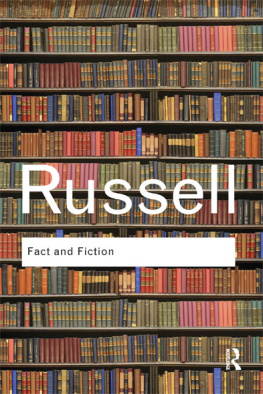

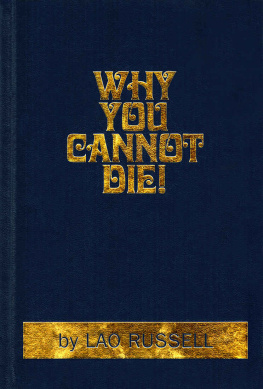
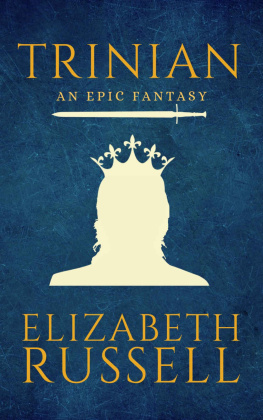
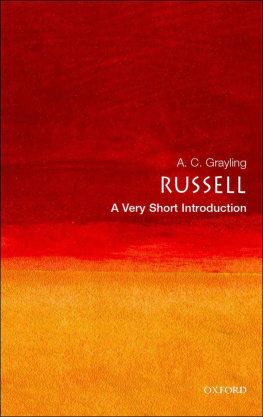
![Russell - On education [recurso electrónico]](/uploads/posts/book/137691/thumbs/russell-on-education-recurso-electro-nico.jpg)
